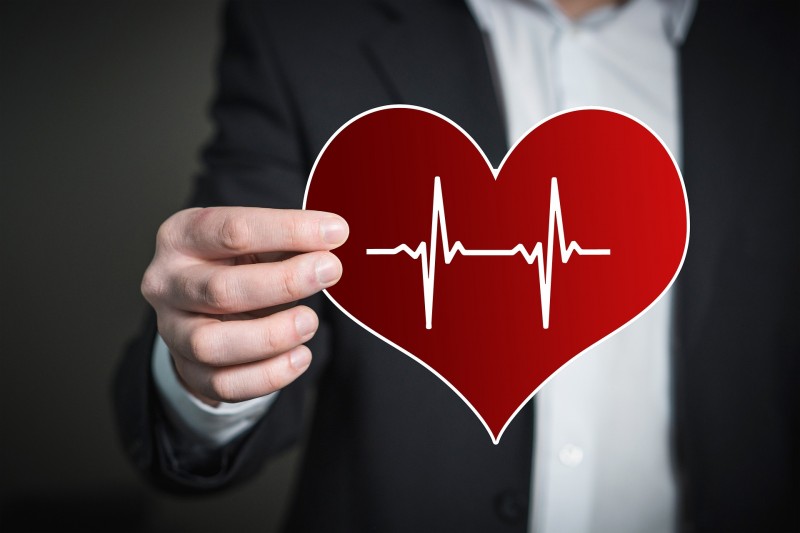
Jul 24, 2019
First published on ScienceDaily.com
A new method of evaluating irregular heartbeats outperformed the approach that’s currently used widely in stroke units to detect instances of atrial fibrillation.
The technology, called electrocardiomatrix, goes further than standard cardiac telemetry by examining large amounts of telemetry data in a way that’s so detailed it’s impractical for individual clinicians to attempt.
Co-inventor Jimo Borjigin, Ph.D., recently published the latest results from her electrocardiomatrix technology in Stroke. Among stroke patients with usable data (260 of 265), electrocardiomatrix was highly accurate in identifying those with Afib.
“We validated the use of our technology in a clinical setting, finding the electrocardiomatrix was an accurate method to determine whether a stroke survivor had an Afib,” says Borjigin, an associate professor of neurology and molecular and integrative physiology at Michigan Medicine.
A crucial metric
After a stroke, neurologists are tasked with identifying which risk factors may have contributed in order to do everything possible to prevent another event.
That makes detecting irregular heartbeat an urgent concern for these patients, explains first author Devin Brown, M.D., professor of neurology and a stroke neurologist at Michigan Medicine.
“Atrial fibrillation is a very important and modifiable risk factor for stroke,” Brown says.
Importantly, the electrocardiomatrix identification method was highly accurate for the 212 patients who did not have a history of Afib, Borjigin says. She says this group is most clinically relevant, because of the importance of determining whether stroke patients have previously undetected Afib.
When a patient has Afib, their irregular heartbeat can lead to blood collecting in their heart, which can form a stroke-causing clot. Many different blood thinners are on the market today, making it easier for clinicians to get their patients on an anticoagulant they’ll take as directed.
Please read the full article here.
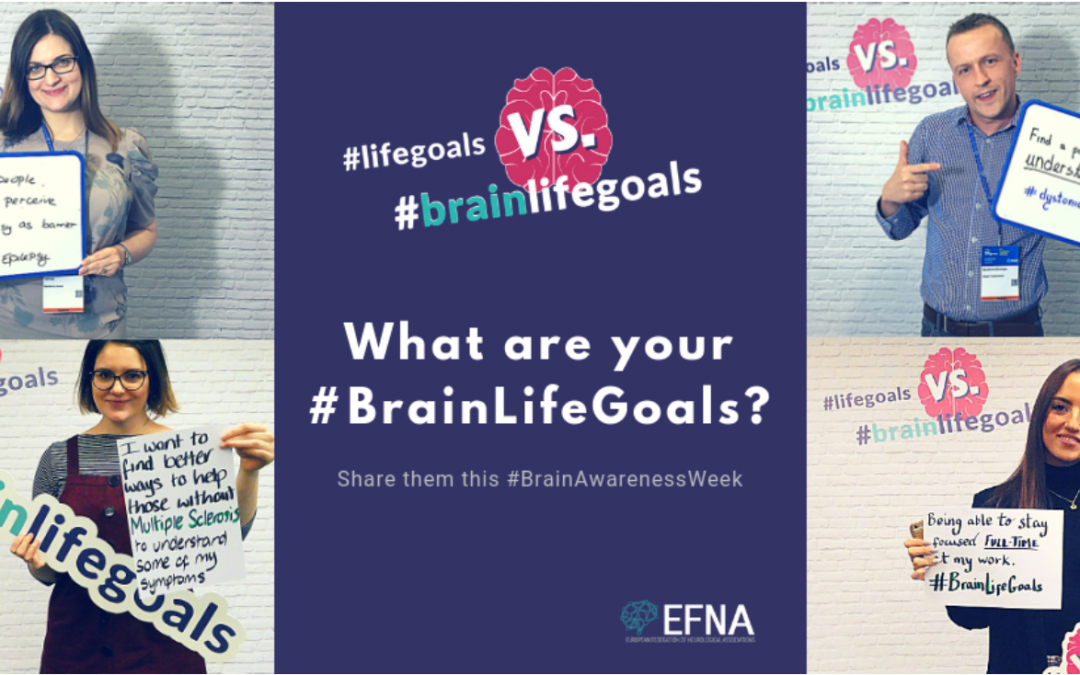
Jul 22, 2019
Today, on this year’s World Brain Day, SAFE is very proud to share the information of one of our stroke support organisations receiving a project grant from EFNA. The Stroke Association Serbia (“Moždani udar”) is awarded a grant for their #BrainLifeGoals campaign which includes young stroke survivors from Serbia.
Disclaimer: The information below was first published on EFNA website.
The #BrainLifeGoals campaign is an initiative of the European Federation of Neurological Associations [EFNA] that aims to raise awareness of the impact of neurological disorders.
In support of this campaign, EFNA will award grants, of €2,500 each, to projects that best reflect the theme of the campaign, raise awareness and improve understanding of neurological disorder. 28 applications were received from 13 different countries and a wide range of disease areas. The original intention was to award a grant to five projects, but we are pleased to announce that due to the high-level of interest and quality of applications, eight projects have been selected!
The chosen projects are:
‘Brain Conditions Cartoon Novel’ – Association of Patients with Neurodegenerative Conditions (APAN), Romania
‘Raising Awareness of Restless Legs Syndrome’ – European Alliance for Restless Leg Syndrome (EARLS), The Netherlands
‘Empowering People with Neurological Conditions to Realise their #BrainLifeGoals’ – Neurological Alliance of Ireland (NAI)
‘Cavernoma Society Raspberry Day’ – Cavernoma Society UK
‘Stroke Survivors’ #BrainLifeGoals’ – ‘Moždani udar’ – Stroke Association Serbia
‘Aspirations of Hope’ – European ME Alliance, Belgium
‘Stand Up Chemistry for children with learning difficulties’ – Pan-Hellenic Association of individuals with Attention Deficit/Hyperkinetic Disorder (ADHD Hellas), Greece
‘Step Up for Parkinson’s Performance’ – Step Up for Parkinson’s, Malta
For more information, please read the full article here.
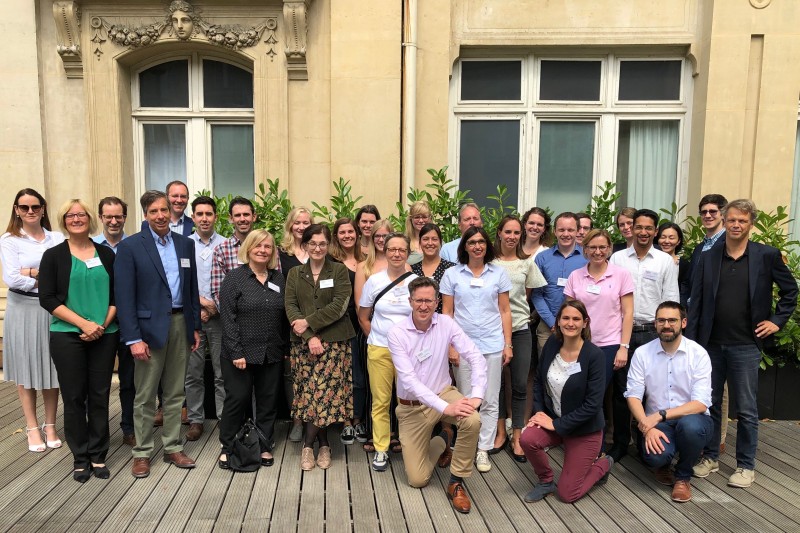
Jul 20, 2019
Written by Dr Gabriele Wagner, Project Manager, SVDs@target
The annual General Assembly Meetings are traditionally rotating between the partners within the consortium. For this year’s GA meeting we chose the wonderful city of Paris, where Prof. Anne Joutel at INSERM is based. At the first evening we had a very nice get-together with the SVDs@target participants, who already arrived in Paris and researchers of the Leducq Foundation network, who also work on cerebral small vessel diseases.
On the next day we started in the morning with our working program and every Work Package had the chance to present their current work, results and status. The preclinical partners presented their results of the last months followed by lively discussions about the new gained insights and usually finished with a long list of new experiments, that were elaborated during the discussions. The clinical partners presented the current status of the clinical studies and trial and could present first preliminary data from analyses already performed.
One highlight was definitely the good and motivating news, that recruitment of INVESTIGATE-SVDs is about to be completed within the next weeks. After this fully packed day we let it end in a very cosy Parisienne restaurant, where the participants exchanged also beyond science – as the consortium maintains close collaborations, the participants really got to know each other over the last four years.
The second day started with a very helpful discussion regarding our clinical trial TREAT-SVDs and around noon, Prof Dichgans, Coordinator of SVDs@target thanked again all consortium members for the great work and with an additional thank to Anne Joutel’s hospitality he closed the annual meeting. After a relaxing lunch at the terrace of our meeting venue, the participants made their way back home.
About SVDs@target
Stroke and dementia rank among the most pressing health issues in Europe. Cerebral small vessel diseases (SVDs) have emerged as a central link between these two major co-morbidities. SVDs account for more than 30% of strokes and at least 40% of dementia cases. They encounter multiple distinct diseases that can be separated based on their underlying genetic defects, risk factors, and clinical presentations. Despite this profound impact on human health, there are no treatments with proven efficacy against SVDs.
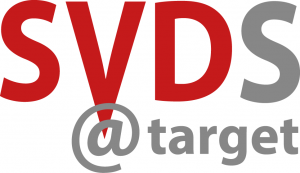
The new network “Small vessel diseases in a mechanistic perspective: Targets for Intervention in Stroke and Dementia(SVDs@target)” is funded through the European Union’s Horizon 2020 research and innovation programme and brings together top scientists with a wide range of complementary expertise.
The project also includes 3 studies with stroke patients. They are:
ZOOM@SVDs, a high-resolution imaging study to look at vascular function and brain damage
INVESTIGATE-SVDs, an imaging study to assess the blood/brain barrier and vascular function,
TREAT-SVDs, testing the effects of different blood pressure lowering agents on vascular function in patients with distinct SVDs
With the better understanding of small vessel diseases SVDs@target will develop novel therapeutic treatments and finally contribute to the prevention of stroke and dementia.
SVDs@target has received funding from the European Union’s Horizon 2020 research and innovation programme under grant agreement No 666881.

Jul 19, 2019
“In Hungary even nowadays people are ashamed of this disease (stroke), they do not talk about it, they live their life withdrawn, stopping all social activities, and therefore the beneficial rehabilitation opportunities often cannot be brought to their attention. In many cases, the society and the relatives give up on the stroke survivors” says András Folyovich, MD PhD – Board member of the National Stroke Prevention and Rehabilitation League – Hungary.
SAFE: What is one issue related to the life after stroke in your country that you think needs special attention?
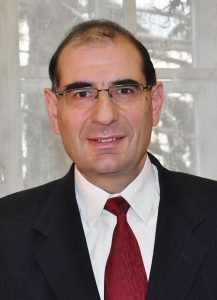
András Folyovich, MD PhD – Board member of the National Stroke Prevention and Rehabilitation League
AF: Among the serious consequences of stroke, social reintegration is one of the most important issues, which needs special attention. Stroke survivors recovering with residual symptoms experience that their roles in the society are significantly affected: they can no longer fulfill their former work, and everyday tasks. They may even be forced to resign and thus the economic situation of the families becomes insecure. Significant number of stroke-patients need constant care, and the families face big financial burden. Moreover, family members often must quit their jobs too due to patient care. This emotional and financial burden is very difficult to live with for the affected families.
SAFE: What would be the solution, i.e. what is your organisation’s position regarding this issue?
AF: In our opinion, civil organisations can help a lot in the successful reintegration into the community.
The majority of stroke survivors are discharged into the community. However, after the hospital discharge stroke-survivors and their caregivers are not fully aware of the available further rehabilitation options (physiotherapy, speech and language therapy, stroke support organisations etc.). The situation is worse for those, who are living in the countryside, as there are limited rehabilitation opportunities.
Stroke support organisations can help to give the useful information about the existing support groups, rehabilitation facilities and various equipment. Providing orthotics and transfer- and mobility equipment may assist for patients to be able to leave their homes and to start to fulfill the roles, they used to do before.
Support groups can also be helpful to give a platform, where stroke-survivors can meet and share their experiences and support each other.
In summary, our vision is a world, in which the number of stroke cases decreases significantly and all stroke patients receive a personalized, short and long-term support and care, with successful social reintegration.
SAFE: Please tell us more about your organisation.
AF: Our non-profit civil organisation was founded in 1993 and named ’The National Stroke Prevention and Rehabilitation League’ in 2011. Our mission is the prevention and the rehabilitation of stroke patients through services, personal assistance, information, advocacy and cooperation with health professionals.
Our core activities include:
- organising free health screening events (Stroke screening day at Szent János Hospital)
- editing and issuing healthcare brochures and their distribution (e.g.: physiotherapy exercise booklets to those who live in the countryside)
- providing access to transfer and mobility equipment
- personal assistance and advocacy to stroke-patients and their relatives
- participation in national and local health related events
- recruiting new members
The League’s services and programmes are available for everyone. In order to make our work more effective we also co-operate with other national and foreign organisations and governmental decision-makers (e.g.: Aphasia Club, International, Pető Institute, SZÍV SN Association for heart diseases etc.)
The National Stroke Prevention and Rehabilitation League is currently unable to fulfil their tasks appropriately, due to the lack of funding. The League cannot count on direct financial support either from the government, or from pharmaceutical- and other medical companies.
The reason for this is that traditionally the Hungarian Stroke Association (the medical-professional company) organises the stroke-days and the public awareness events, which means that the financial support arrives there.
The solution may be the revaluation of the National Stroke Prevention and Rehabilitation League and the Hungarian Stroke Association. For which, there is a good chance with the current leadership. In close co-operation, it is necessary to redistribute the tasks. The League should deal with the public issues, while the medical-professional company should be responsible for the professional background. It would be beneficial to contact with the neurological departments of Hungary, and to organise the civil organisations around these departments.
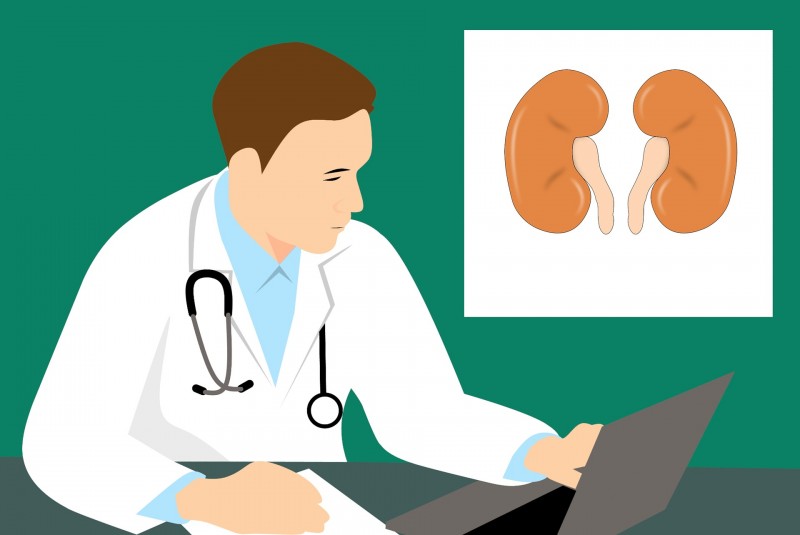
Jul 18, 2019
First published on ScienceDaily.com
Several infections have been identified as possible stroke triggers, with urinary tract infections showing the strongest link with ischemic stroke, according to new research in the American Heart Association’s journal Stroke.
Previous research examined infections as triggers of stroke, but were limited to the correlation of acute infections with ischemic stroke, a type of stroke caused by blocked blood vessels in the brain. This study considered a wider range of infections, and examined connections with two other types of stroke: intracerebral hemorrhage, which is caused by a ruptured blood vessel in the brain, and a type of stroke that results from bleeds in the inner lining of the brain, called subarachnoid hemorrhage.
“Healthcare providers need to be aware that stroke can be triggered by infections,” said Mandip Dhamoon, M.D., Dr.P.H., senior study author and associate professor of neurology at the Icahn School of Medicine at Mount Sinai in New York City. “Probing into the previous weeks or months of a patient’s life before the stroke can sometimes help to illuminate the possible causes of stroke if there was an infection during that time.”
The researchers used the New York State Inpatient Databases and Emergency Department Databases from 2006 to 2013, which record all inpatient and emergency department visits to community hospitals in New York state. Electronic health record codes were used to identify hospitalizations and emergency department visits for the three types of stroke and for infections; including skin, urinary tract, septicemia, abdominal and respiratory. Records for hospitalizations for infections were considered for 7, 14, 30, 60, 90, and 120 days prior to the stroke occurrence.
For ischemic stroke, the researchers found that every infection type was linked with an increased likelihood of this type of stroke. The strongest link was seen with urinary tract infection, which was showed more than three times the increased risk of ischemic stroke within 30 days of infection. For all infection types, the magnitude of stroke risk decreased as the time period before ischemic stroke occurred increased.
For intracerebral hemmorhage, the connections with occurrence was strongest for urinary tract infections, septicemia (blood infection) and respiratory infections. Respiratory infection was the only infection related to the occurrence of subarachnoid hemorrhage.
Please read the full article here.
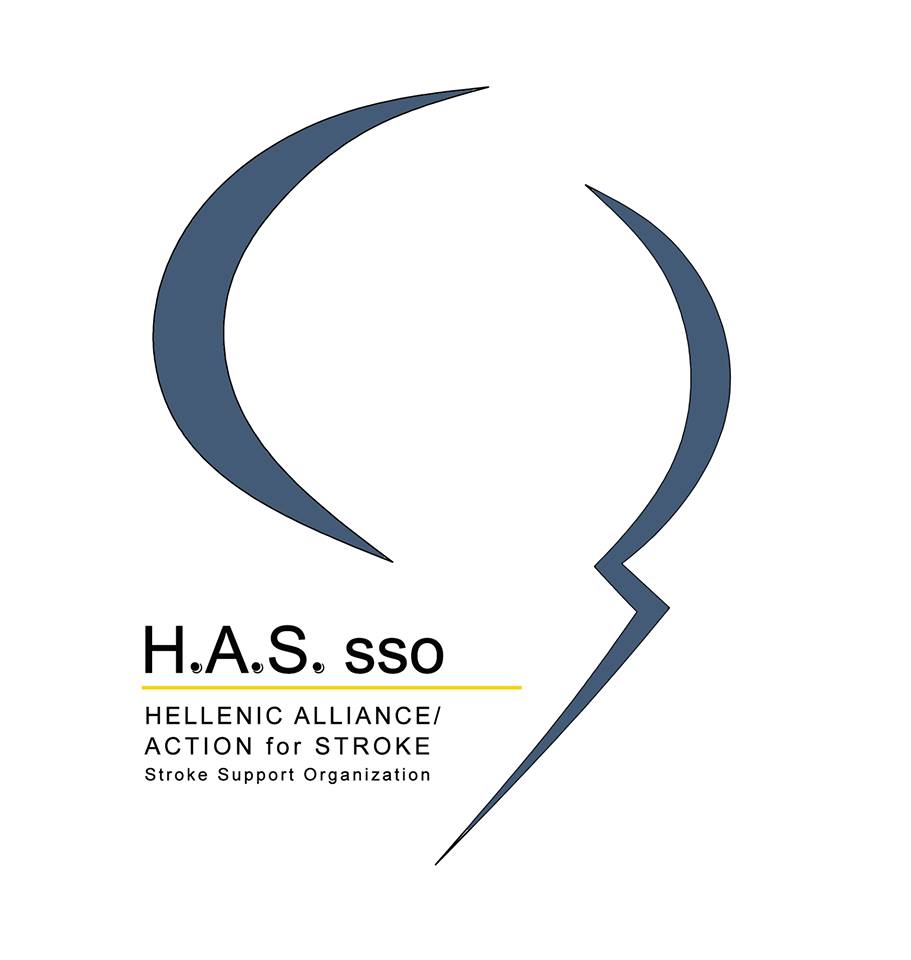
Jul 12, 2019
Continuing our conversations with SAFE member organisations from across Europe, we spoke this week with Pinelopi Vlotinou, Occupational Therapist and Anna Tsiakiri, Psychologist from the Greek stroke support organisation, Hellenic Alliance for Stroke.
SAFE: What is one issue related to the life after stroke in your country that you think needs special attention?
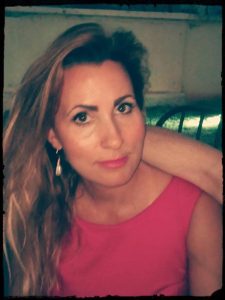
Pinelopi Vlotinou, Occupational Therapist
Engaging and making relevant transitions from clinic to real life in the outside world that are meaningful and thoughtful. Often the missing link of the “rehab puzzle” means announcing to the family prognosis for improvements which may not always be positive and may require environmental adaptations that should be individually geared and best suited for the patient. After a stroke there are “fog” issues not only for the patient but for the family. Trust issues about what works best as well as a unfamiliar new home, social as well as professional environment. It is important that regaining social roles and the return to the previous state of life, taking into account the consequences of stroke. Life goals as well as family needs should be balanced. They require that the patient should establish good relations with someone they trust and implement changes and transitions into daily decisions. Support and framing by a group of specific health professionals who will direct towards the optimum course of action.
SAFE: What would be the solution, i.e. what is your organisation’s position regarding this issue?
Solution: The awareness of the fact that rehabilitation is long term but must be individualized. Therefore the families make cultural competent adaptations that are considered in their options which are provided by health care staff as well as society at large after the hospitalization.
Proposals:
– Every stroke unit should define a “Stroke advisor”. His/her role summarizes at the following:
– connect the patient and his family with “health professional system”
– provide support, information and guidance
– keep a six month “follow up” with the patient
– provide “monitoring” of the patient even at home. Adaptations, ergonomic and ecological suggestions, modifications even to the working environment of the patient can be an additional action to help the individual
– provide resources about Stroke Support Organizations and about local available services
– provide access to patient and family to informational leaflets such as Angels Initiative.
– All neurological clinics/stroke units should establish a Common Protocol about patient management
SAFE: Please tell us more about your organisation.
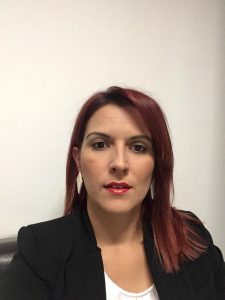
Anna Tsiakiri, Psychologist
Hellenic Alliance for Stroke consists of research and academic organizations of health care providers such as the Greek Neurological Society and the Hellenic Society of Cerebrovascular diseases, institutions, health professionals, voluntary support structures, caregivers and patients. The aim is to make a concerted effort both to inform and educate the public about prevention, early diagnosis and treatment of a stroke and to the health policy makers in order to achieve improvement of health services for the treatment, care and rehabilitation of the patient with stroke at the national level. Main goals:
– Communication and cooperation between members, coming from the scientific field and members, coming from the field of stroke survivors, in order to update and exchange views, knowledge and experience which we believe is the best possible ways to treat, restore and help improve or maintain quality of life not only for the stroke survivor but the family at large.
– The support and promotion of scientific research on issues related to strokes, aiming at better prevention, rehabilitation and reduction of consequences and social costs.
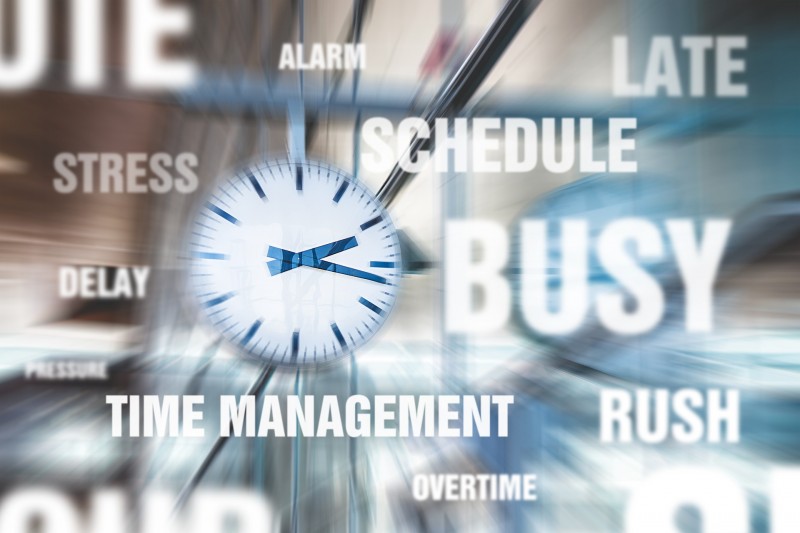
Jul 10, 2019
First published on ScienceDaily.com
Working long hours for 10 years or more may be associated with stroke. People under age 50 had a higher risk of stroke when working long hours for a decade or more.
People who worked long hours had a higher risk of stroke, especially if they worked those hours for 10 years or more, according to new research in the American Heart Association’s journal Stroke.
Researchers reviewed data from CONSTANCES, a French population-based study group started in 2012, for information on age (18-69), sex, smoking and work hours derived from questionnaires from 143,592 participants. Cardiovascular risk factors and previous stroke occurrences were noted from separate medical interviews.
Researchers found:
overall 1,224 of the participants, suffered strokes;
29% or 42,542, reported working long hours;
10% or 14,481, reported working long hours for 10 years or more; and
participants working long hours had a 29% greater risk of stroke, and those working long hours for 10 years or more had a 45% greater risk of stroke.
Long work hours were defined as working more than 10 hours for at least 50 days per year. Part-time workers and those who suffered strokes before working long hours were excluded from the study.
“The association between 10 years of long work hours and stroke seemed stronger for people under the age of 50,” said study author Alexis Descatha, M.D., Ph.D., a researcher at Paris Hospital, Versailles and Angers University and at the French National Institute of Health and Medical Research (Inserm). “This was unexpected. Further research is needed to explore this finding.
Read the full article here.
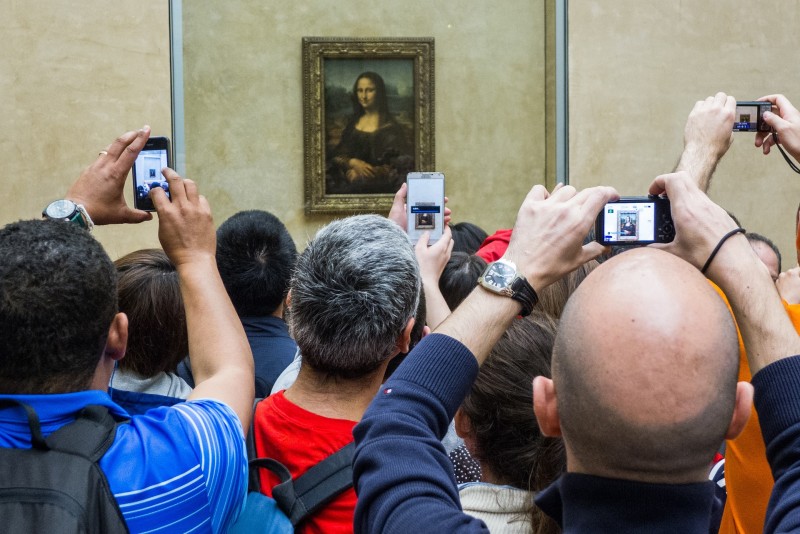
Jul 8, 2019
First published on ScienceDaily.com
New analysis of 16th-century drawing by Italian doctors concludes da Vinci’s right hand affected by ulnar palsy, rather than stroke
A fainting episode causing traumatic nerve damage affecting his right hand could be why Leonardo da Vinci’s painting skills were hampered in his late career. While the impairment affected his ability to hold palettes and brushes to paint with his right hand, he was able to continue teaching and drawing with his left hand. According to most authors, the origin of da Vinci’s right hand palsy was related to a stroke.
Doctors writing in the Journal of the Royal Society of Medicine reached a different conclusion after analysing a 16th-century drawing of an elderly da Vinci, together with a biography and an engraving of the Renaissance polymath artist and inventor in earlier years.
The authors, Dr Davide Lazzeri, a specialist in plastic reconstructive and aesthetic surgery at the Villa Salaria Clinic in Rome, and Dr Carlo Rossi, a specialist in neurology at the Hospital of Pontedera, focused on a portrait of da Vinci drawn with red chalk attributed to 16th-century Lombard artist Giovan Ambrogio Figino. The drawing is a rare rendering of da Vinci’s right arm in folds of clothing as if it was a bandage, with his right hand suspended in a stiff, contracted position.
Dr Lazzeri said: Rather than depicting the typical clenched hand seen in post-stroke muscular spasticity, the picture suggests an alternative diagnosis such as ulnar palsy, commonly known as claw hand.”
He suggests that a syncope, or faint, is more likely to have taken place than a stroke, during which da Vinci might have sustained acute trauma of his right upper limb, developing ulnar palsy. The ulnar nerve runs from the shoulder to little finger and manages almost all the intrinsic hand muscles that allow fine motor movements.
Please read the full article here.
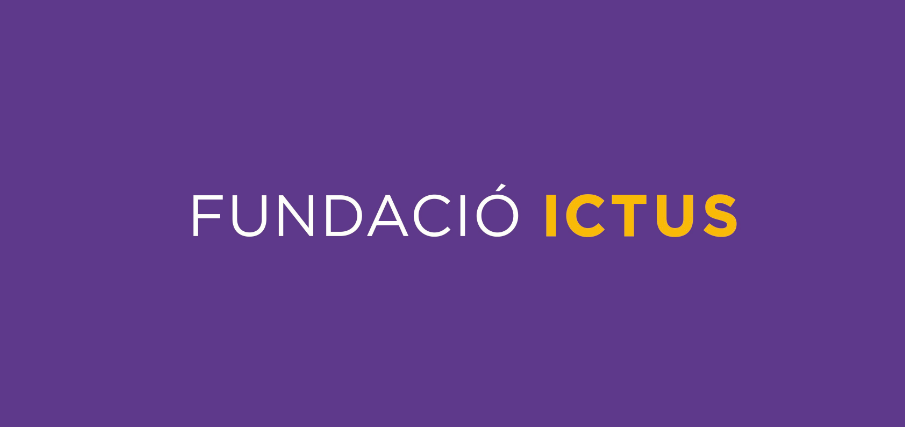
Jul 5, 2019
“The life after stroke is the poorest point of the care process, especially in the chronic phase” says Esther Duarte, member of the board of Fundació Ictus, and rehabilitation doctor at IMIM Institut Hospital del Mar d’Investigacions Mèdiques in Catalonia, Spain.
SAFE: What is one issue related to the life after stroke in your country or region that you think needs special attention?
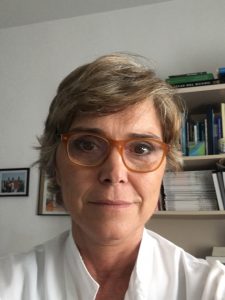
Esther Duarte
ED: In Catalonia, stroke patient associations have few members, therefore they have little power in society and official institutions, as well. In consequence, more public resources are always allocated to young patients with other illnesses, such as cancer and ischemic cardiovascular pathology. Moreover, these associations are only useful for a small percentage of patients. One of the aspects that are not taken into account is labor protection. Few patients return to work because there are no policies to facilitate it. Furthermore, other aspects with bad attention are those related to sexuality or driving, for example. On the other hand, there are few research groups focused on life after stroke and how improve patient-centered outcomes. In conclusion, access to rehabilitation services is not guaranteed in all cases and the needs of patients and caregivers are not always met.
SAFE: What would be the solution, i.e. what is your organization’s position regarding this issue?
ED: The main goal of Fundació Ictus is to improve the quality of life of stroke survivors and their caregivers. We collaborate with patient associations to meet their needs and help them in finding resources for their activities. We also help stroke survivors with specific training for caregivers and volunteers. That’s an important point, because there is not any specific course focused on stroke addressed to any professional, except the hospital nursery course that we have organized for 11 years. We also encourage patient-centered research, otherwise there is no way to advance in giving a better care to stroke survivors. Moreover, we offer advice in different dimensions: legal, labor, social, driving and sexual. Finally, we are trying to develop new platforms oriented to patients and caregivers that integrate all the information.
SAFE: Please tell us more about your organization.
ED: Fundació Ictus is an entity with a social presence with the mission of publicizing the disease, promoting research on it and supporting people who have suffered a stroke. Our main goals are popularizing the disease and spread how to prevent it, how to avoid it and how to treat it. Furthermore, we support stroke patients, offering support to people with disabilities, with alliances with other entities. In addition, we promote research on the disease in all its stages and from all perspectives.
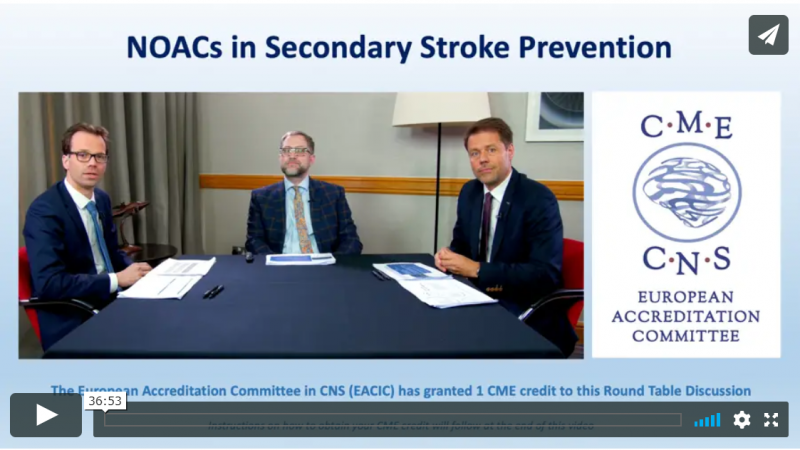
Jul 4, 2019
This Round Table Discussion reviews NOACs in secondary stroke prevention.
Following completion of this activity, learners will be able to:
- Recall key scientific data of the NOAC trials in SPAF incl. secondary stroke prevention
- Outline key clinical questions when starting patients on NOACs, incl. potential need for reversal
- Select an appropriate NOAC for their AF patients based on these considerations
NOACs in Secondary Stroke Prevention
Faculty:
Robin Lemmens – MD, PhD, Department of Neurosciences, Experimental Neurology, Leuven Research Institute for Neuroscience and Disease, KU Leuven – University of Leuven, Leuven, Belgium
Milan Voško – MD, PhD, Department of Neurology, Kepler Universitätsklinikum, Linz, Austria
Ales Tomek – MD, PhD, FESO, Neurology Department, 2nd Medical Faculty of Charles University, Prague, Czech Republic



















